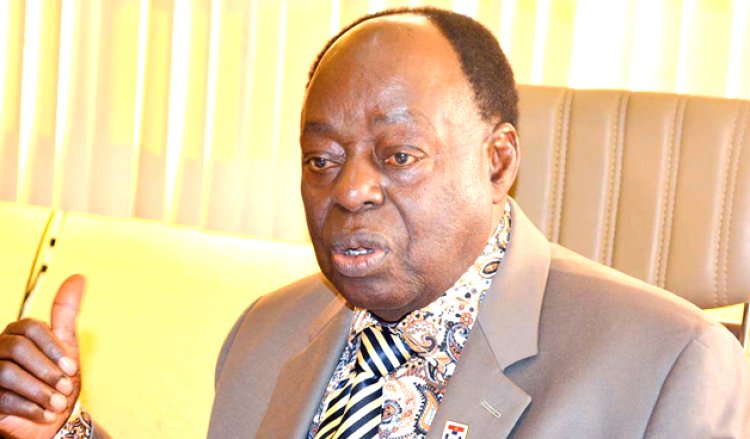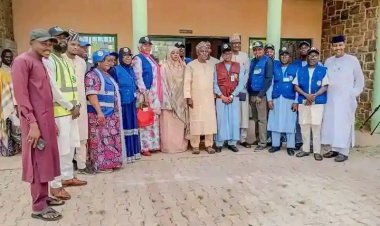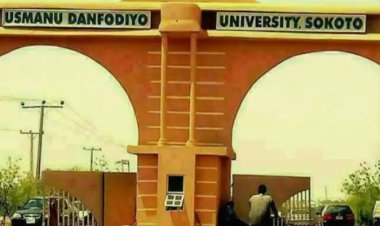Afe Babalola Criticizes Federal Government's Ban on Under-18 Students in WAEC, NECO Exams
The Chancellor of Afe Babalola University, Ado Ekiti (ABUAD), Aare Afe Babalola, SAN, has strongly criticized the Federal Government's recent decision to bar students under the age of 18 from participating in the West African Examination Council (WAEC) and National Examination Council (NECO) exams, as well as from gaining admission to universities in Nigeria.

The Chancellor of Afe Babalola University, Ado Ekiti (ABUAD), Aare Afe Babalola, SAN, has strongly criticized the Federal Government's recent decision to bar students under the age of 18 from participating in the West African Examination Council (WAEC) and National Examination Council (NECO) exams, as well as from gaining admission to universities in Nigeria.
Describing the policy as "unacceptable and retrogressive," Babalola cautioned the government against implementing policies that could hinder the development and ambitions of young Nigerians who could be instrumental in addressing the nation's challenges.
Speaking in Ado Ekiti on Thursday in response to the policy, the ABUAD founder stated, "I am not shocked that no Nigerian was named among the young achievers in the world. This is because there are strategic policies that suspend the laudable achievements of brilliant young minds until later ages. The proof of this assertion is all around us."
Babalola further argued that the government's decision infringes on the autonomy of universities, which should have the discretion to decide who to admit based on their academic criteria, not a blanket age requirement imposed by the government. "You don’t just go out as a Minister of Education to direct universities against the university’s autonomy as to who to admit or who not to admit. The university must decide to exercise its discretion, and you can’t take that discretion from them," he said.
This criticism follows a recent statement by the Minister of Education, Prof. Tahir Mamman, who reiterated the government's stance during a television interview, emphasizing that the age limit for students enrolling in WAEC and NECO exams—and consequently, for university admission—remains 18 years.
Babalola challenged this position, asserting that a strict age limit for university admission is detrimental to the aspirations of younger students with exceptional abilities. "Having a minimum age of admission into the tertiary institution rule that allows for no exception is a problematic position that will in the long run affect the dreams of the younger generations," he argued.
He highlighted ABUAD's practice of admitting students below 18, noting that some students have enrolled at the age of 15 and graduated with first-class honors by 19. "We do not forge with our own hands the chain that will hamper the development of our gifted children. The minimum age requirement should also give universities the discretion to admit children below the age of 16 who are endowed with exceptional ability," Babalola said.
The ABUAD Chancellor cited examples from countries like the UK, Australia, Norway, and South Korea, where universities have the autonomy to waive age requirements for students who meet the academic criteria and demonstrate exceptional potential.
Quoting American psychologist Elaine Aaron, Babalola emphasized that qualities like careful thinking, deep feeling, and noticing subtle details—rather than age—are crucial for nation-building. He added, "Maturity is not a function of age. Rather, it is a function of the mindset, emotional intelligence, and the ability to understand oneself and the world."
Babalola concluded by stressing that the policy could prevent Nigeria from nurturing its brightest young minds, who might otherwise achieve remarkable feats at a young age.

 Lois Udoye
Lois Udoye 



